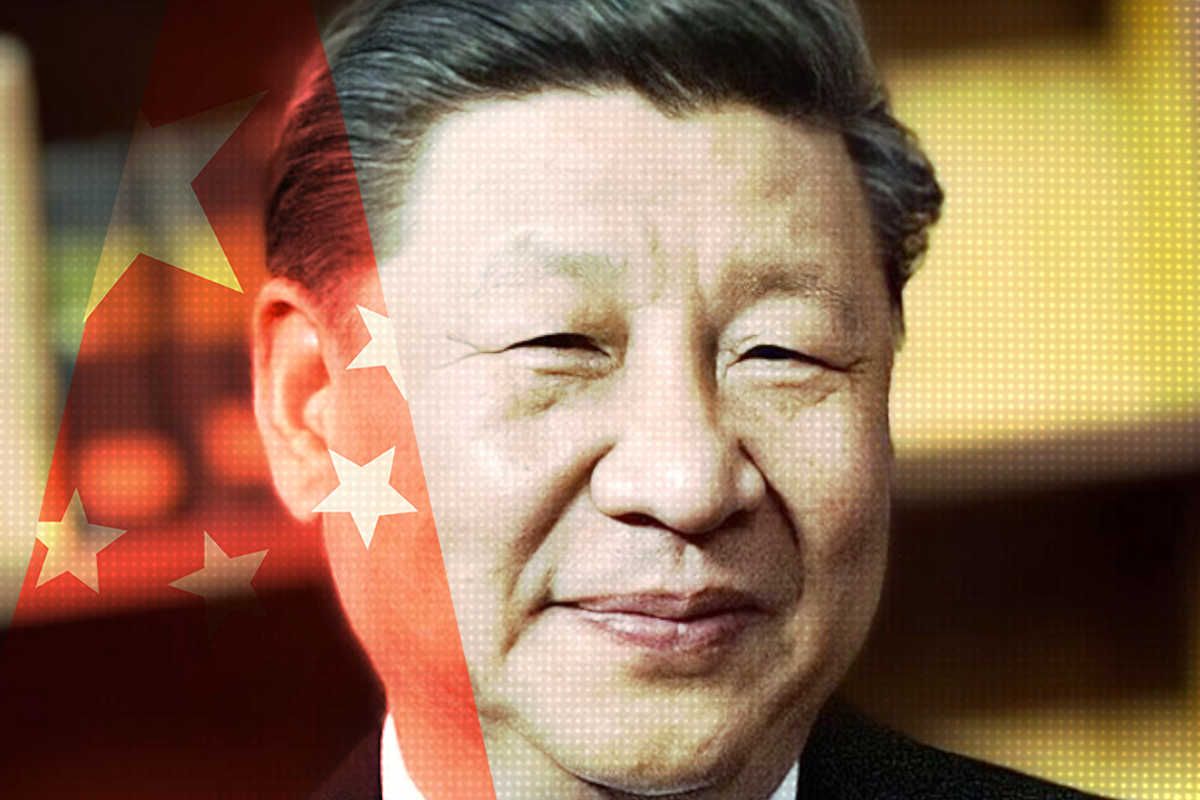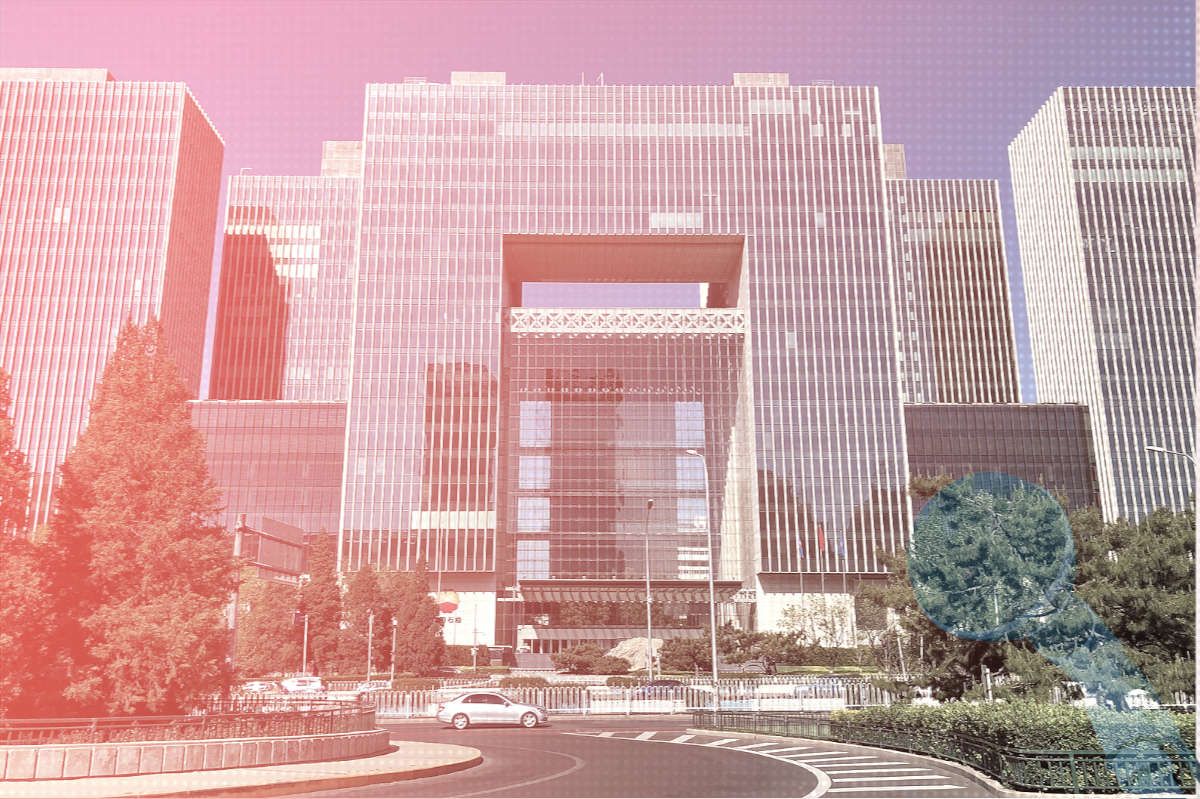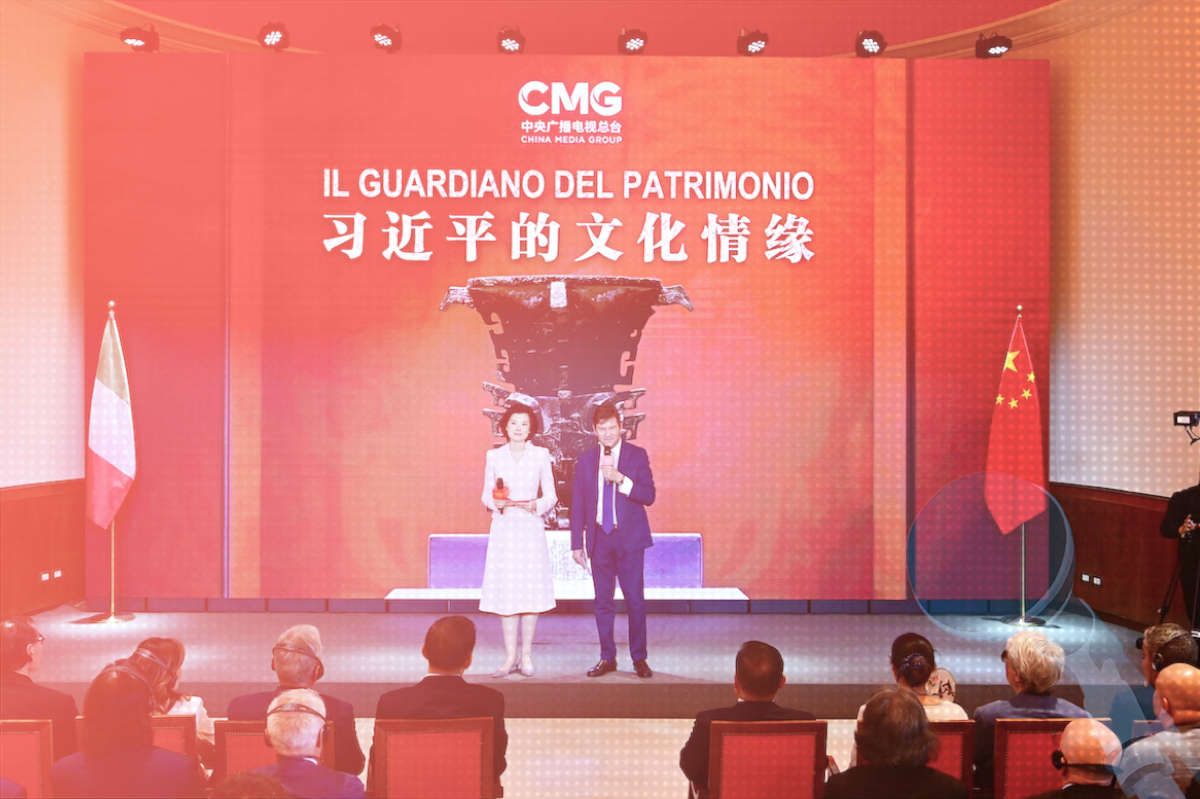Headlines and Hashtags
Chinese media respond to revised draft of emergency response law
The second draft of China’s proposed legislation on disaster coverage, released earlier this week, could be read as a small victory for critics of last year’s draft, which promised fines for media “making bold” to report on natural disasters, public health incidents or industrial accidents in violation of administrative bans [AFP coverage here]. In apparent concession to the swell of domestic criticism in June last year – seen mostly at the editorial pages of major commercial newspapers and on the Internet – the new draft drops the clause on media fines, which many viewed as a dangerous curb on watchdog journalism. [See CMP coverage here].
However, important questions remain about how the legislation would impact news media in practice. The new draft states, for example, that “units and individuals are prohibited from fabricating or spreading false information concerning emergencies and government efforts to respond to emergencies”, but gives no indication of who will decide what should be regarded as false information and on what basis.
Selected translations of Chinese editorials on the revised draft follow:
[Lead Editorial 社论]
Southern Metropolis Daily
June 25, 2007
Yesterday, the draft emergency response legislation was sent for deliberation to the Standing Committee of the National People’s Congress. Raising eyebrows was the omission in this draft of a clause concerning news media that “made bold to release information against regulations” (违规擅自发布). At the same time, language in the first draft saying that people’s governments handling disaster events should “manage relevant reports from news media” was similarly removed.
We welcome the loosening toward watchdog journalism between the first and second drafts. The draft emergency response legislation submitted in June last year to the Standing Committee of the National People’s Congress placed limitations on news reports: media making bold to report on the handling of disaster events and their development in violation of administrative bans, or reporting false information, could face fines of between 50,000 and 100,000 yuan from the local government charged with overseeing response efforts. The draft also ruled that the local people’s government in the area of the disaster would be responsible for releasing information in a uniform fashion, and that relevant news reports would be included in this uniform management. This stipulation drew broad interest from society, and media all over the country joined the debate. We said in our newspaper that this was a regrettable step back for our society …
The most vexing thing for local officials about the media’s role in disaster events is how they “disregard the overall interest” [of the state]. There is no doubt that unified action can potentially increase the efficiency [of response], but dispersed competition (分散的博弈) [for information] can come closer to the truth … To place limitations on this function of the media no doubt means sacrificing the society’s eventual grasp of the truth.
——————-
“The Fewer Restrictions on the Media the Better”
Chen Jieren (陈杰人)
China Youth Daily
June 26, 2007
. . . The draft to be deliberated this time by the People’s Congress eliminates the abovementioned unreasonable limitations on the media [in the first draft]. This demonstrates that the highest organs of power have made progress in placing importance on public opinion and the rights of citizens. It also shows a major stride forward in our country’s work toward establishing rule of law and a scientific attitude …
World experience has shown that in a well-ordered and harmonious society, the existence of the press is not premised on personal interests, but serves the common interests of the whole of society. The end product of restrictions on the media, particularly when they are superabundant and unreasonable, is harm to the public good.
—————-
“Let the Media Have a Direct Role in Dealing with Emergency Events”
Qin Guan (秦关)
The Beijing News
June 26, 2007
… Owing to the over-vagueness of the language “in violation of regulations” in article 57 [of the original draft legislation], people were universally concerned that it might become an excuse for placing curbs of the normal reporting of emergency events by the media, do harm to the ability of the media to perform a watchdog journalism function on the cover-up of such stories, and impede effective handling of crises.
… Put simply, crisis management is about information management. Especially in times of emergency, we need to mobilize the force of the whole society to participate in “information relief” …
The development of a civil society depends on the emergence of public space. In the market for information, no one media can possibly monopolize information or lead public opinion. Seen in this way, there’s nothing at all terrifying about “rumor” or “false information”. All it takes is transparency of information and all of this will be quickly rectified. Looking at it in another way, if media reports are directed according to some “regulation”, if some local government covers up a story, issues false reports and prevents the regular functioning of the media, the efficient flow of real information will very possibly be damaged.
[HOMEPAGE PHOTO: Scene of devastation in the Chinese city of Tangshan following a magnitude earthquake in 1976. Three decades later, the disaster remains a politically sensitive topic, and media are prevented from “reflecting back” on the role of official negligence in the devastation wrought by this natural event.]





















